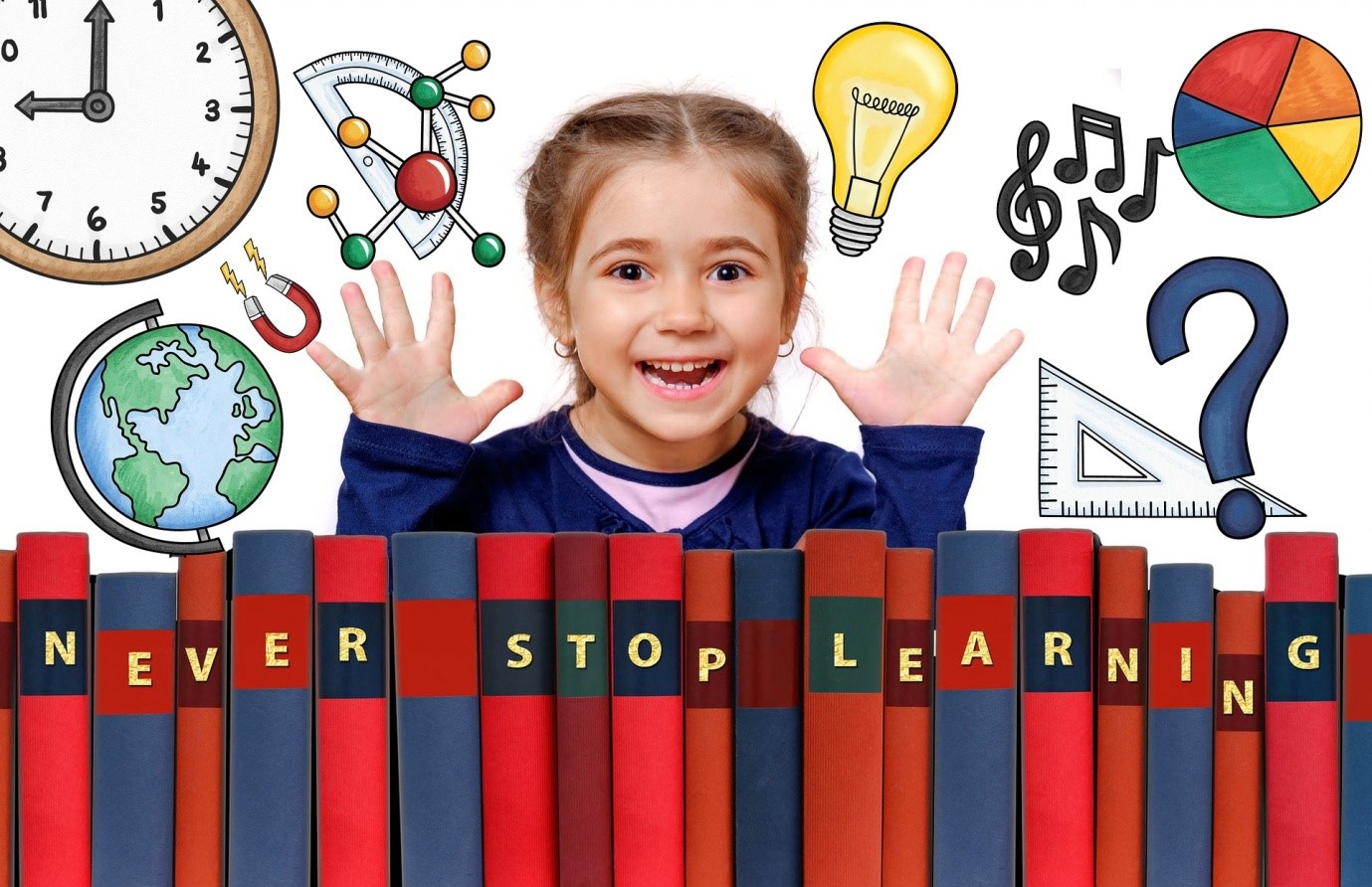How healthy educator-child relationships improve development in children

Building positive relationships with young children is one of the most essential tasks of a great educator. Being able to form trusting and communicative relationships with students of all backgrounds and abilities is a fundamental component of good teaching. Research shows that children learn, grow and thrive much more effectively and broadly in close and dependable relationships that provide nurturing, security, respect and responsive interactions. A positive educator-child relationship built on trust and understanding and being able to create these relationships will enhance children’s cooperation and motivation and increase their positive outcomes at school.[1]
Studies of academic and behavioural problems at the beginning of a child’s school life show that having a caring and open relationship with a teacher can protect children from some of the pitfalls associated with being “at-risk” in other areas. [2]
Why relationships are important for children
Studies have shown that positive relationships with adults and educators are central to a child’s ability to develop acceptance, belonging, self-esteem, resilience and higher functioning thinking skills that contribute to positive learning outcomes and better social development skills throughout life. Positive relationships early in a child’s life help them to connect with others, build positive friendships and support children to self-regulate their emotions which are a critical part of positive cognitive function throughout their lifetime.
How do you build positive relationships with children?
Great educators are recommended to take an active role in nurturing, supporting and promoting children’s relationships and social skills while they’re at school and this can be done in any number of different ways depending on the personality and history of each individual student. A child’s individual ability to connect with others and build relationships will vary greatly, with children’s personalities and social skills playing an important part in the way they relate to their teachers and peers. It is important for educators to observe individual children and how they approach and interact with their peers and develop strategies in order to assist children to make healthy attachments, relationships and friendships.
For a relationship to be meaningful, the interactions need to be warm, caring and responsive. Educators need to be emotionally available to assist their students and being aware of your own feelings and demonstrating social awareness and empathy will help children to recognise and manage their own feelings.
Some effective and practical ways educators build positive relationships with their students include:
- Greeting every child at the door by name
- Listening to a child’s ideas and stories and being an active audience
- Providing praise and encouragement
- Share something about themselves and finding common ground with the child
- Calling a child’s parents to say what a great day/results she or he had in front of the child
- Telling the child how much he or she was missed when they were absent
- Giving hugs, high fives, and thumbs up for accomplishing tasks
The importance of looking beyond the behaviour of children
At some stage in every educator’s role they will observe children exhibiting defiant, impulsive or even disobedient behaviours and this can be difficult to overcome for new and experienced teachers alike. Even though the child’s behaviour may be difficult, research shows that using positive strategies to address the negative behaviour is more effective than using punishment. Punishment only temporarily stops the behaviour, whilst recognising the thoughts and feelings behind the behaviour and communicating effectively with the child is more likely to stop the behaviour from resurfacing in the future.
All children need a sense of connectedness, however some need to be taught the tools.
Looking Beyond Behaviour by Pathways to Resilience explores the underlying message in children’s behaviour, and the impact of our expectations and beliefs upon our responses and strategies. Some strategies will be more effective than others, depending on the child’s preferences and having a broad base of knowledge is going to help you to overcome and support their initial negative behaviours.
1 Webster-Stratton, C., & Lindsay, D. W. (1999). Social competence and conduct problems in young children: Issues in assessment. Journal of Clinical Child Psychology, 28(1), 25-43.
2 Luthar SS, Doernberger CH, Zigler E. Resilience is not a unidimensional construct: Insights from a prospective study of inner-city adolescents. Dev Psychopathol. 1993;5(4):703–717. doi:10.1017/S0954579400006246

